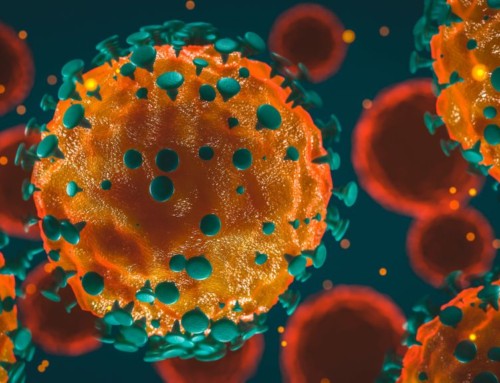Building resilience and maintaining good health can sometimes be an uphill struggle in urban living. There are some important and simple steps that can be incorporated into daily life. Certain foods are good “detox foods,” i.e., foods which boost our body’s innate function to eliminate toxicants, harmful germs, and other unwanted by-products. Children are especially vulnerable to the effects of environmental toxicants– due to their small sizes and rapidly developing bodies– and there is a growing body of scientific evidence that correlates toxicants in the environment with health problems. We don’t live in bubbles, so knowing how to armor ourselves and our children can be empowering.
Integrative family medicine physician Dr. Robert Rountree, MD, recently published an article on environmental toxins and children’s health. “The lifestyle practices
We can avoid or minimize exposures to some of the worst culprits in our environment: cigarette smoke, flame retardants, harsh cleaning products, personal care products, pesticides and chemical food additives, etc.
We can also provide specific “detox foods”. Here are 10 foods and nutrients that play that role:
- Probiotics– The healthy bacteria that line the gut have a powerful influence on how toxins are broken down in the GI tract and the liver. Probiotics, especially different strains of Lactobacilli and Bifidobacteria, can help replace unhealthy bacteria with healthy bacteria.
- Prebiotics– Prebiotics are foods that support probiotic bacteria. Good prebiotic supplements include inulin and arabinogalactan while good prebiotic foods include apples, Jerusalem artichokes, onions, jicama root, leeks, and asparagus.
- Fiber– Fiber, like flaxseed meal and chia seed meal, can help absorb toxins and therefore eliminates them through the digestive tract.
- Cruciferous (Brassica) Vegetables– Broccoli, cabbage, kale and cauliflower contain phytochemicals known as glucosinolates which promote detoxification.
- Ellagic Acid– Good sources of this potent phytochemical/antioxidant are pomegranate juice, blackberries, raspberries, cranberries, goji berries, purple grapes, strawberries, pecans, and walnuts. Ellagic acid increases the liver’s detoxification enzymes.
- Turmeric– Turmeric is the major spice in curry and it enhances the liver’s detoxification enzymes, decreases inflammation, and protects the liver.
- Garlic– Garlic’s compounds (especially sulfur) may decrease inflammation and increase antioxidant activity in cells.
- B Vitamins– Choline, folic acid, and vitamin B12 are B vitamins needed to assist in a detoxification process known as “methylation.” Methylation supports phase II of detoxification processes. Good sources of choline include eggs, brassicas, legumes, and spinach. Good folate sources include green leafy vegetables, legumes, beets, asparagus. Vitamin B12 sources are only found in animal sources such as fish and seafood, poultry, grass-fed beef or lamb, and organic dairy; liver is particularly high in B12.
- Artichoke– Artichoke increases glutathione and stimulates bile flow, so it may both support the liver and enhance detox. Glutathione is major antioxidant in the body.
- Sea vegetables– Sea vegetables such as nori and certain types of algae, like Chlorella, contain compounds that bind to both heavy metals and organic toxins in the gut, facilitating their elimination.






Leave A Comment